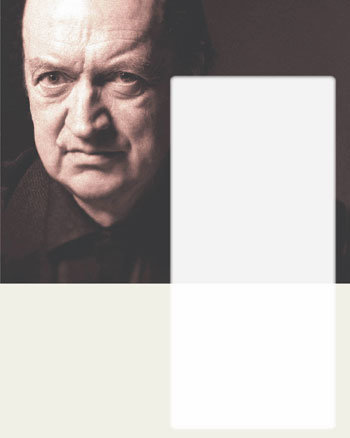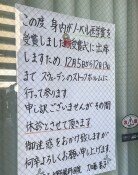As if Reflecting the Depths of Mozart
As if Reflecting the Depths of Mozart
Posted November. 08, 2006 03:01,

On Mozarts 250th birthday, Harnoncourt will hold 15 performances in nine Japanese cities. How can we just let him pass by? (Kang Hae-geun, professor of Hanyang University)
Conductor Nikolaus Harnoncourt (78, photo) is at the center of the Year of Mozart. The official ceremony held at Salzburg, Austria on January 27 (Mozarts birthday) started with his performance (Vienna Philharmonic) and commemoration speech, and is scheduled to conclude the long march with Requiem to be performed at Salzburg on December 5 (Mozarts day of death).
Having established the Concentus Musicus Wien that studies classical music in 1953, he is a pioneer in period music (performance with the instruments and performance method of the musical period) and has changed the direction of western music and performance. He modernized Monteverdi`s music, led the Bach Renaissance movement, and provided a new standard in analyzing Mozarts music.
Harnoncourt announced his semi-retirement planned for after this year, in drastically reducing the number of performances. At 8:00 p.m. on November 25 at the concert hall of the Seoul Art Center, he will lead the Concentus Musicus Wien and the Schoenberg Choir, and perform Mozarts Requiem and Vesperae di Dominicus. Harnoncourts first and perhaps last performance in Korea was arranged by professor Kang Hae-geun of the Music Research Institute of Hanyang University. The performance was arranged after much effort between him and son Franz Harnoncourt (following as his fathers primary physician). Before the performance, professor Kang and Nikolaus Harnoncourt carried on a discussion through email.
Reconstructing the Abandoned Authentic Instruments into Fine Instruments-
-Mozart wrote his first symphony at age 8. In your mid-70s, why are you interested in his symphonies written in his youth? Did you see the development of a genius?
Mozart was never eight. This kind of genius does not develop; he is a genius in himself. God completed him and sent him to Earth. For the past 20 years, I have been interested in symphonies written by Mozart in his youth.
-Like the phrase Mozart happiness, Mozarts music is always considered to be pleasant and beautiful. But your Mozart performance is sometimes passionate and rebellious.
I wanted to show all that Mozart spent into his music, from the depths of his life to the life of the heavens. When I performed Symphony in G-minor in my youth, people laughed and shook their heads. I wanted to reflect the light and shadow, joy and sadness, and beauty and ugliness contained in the music as a mirror.
-Mozart wrote the crass Bäsle letters (love letter to his cousin), but also composed religious church music such as Requiem and Ave verum corpus. How can we understand his character?
Mozart was not different from other people, but he was completely different from other musicians. Everyone composed pieces like Bäsle letters at the time. This was not unusual. But Ave verum corpus could only be written by one person. He was a musician who could express the essential without reservation.
-Fifty years ago, your first albums recorded with authentic instruments. How did you collect those instruments?
At the time, the authentic string instruments were left behind the organ in churches. There was also a dissected contrabass next to the firewood. My gamba was also next to the stove firewood, utterly broken. Those were reconstructed into instruments, and now they are delivering beautiful music.
-Isnt it too early to retire?
No. I believe I fulfilled my wishes. My age is reason enough to cut back on performances.
60,000 to 300,000 won. 02-2250-1512
raphy@donga.com







